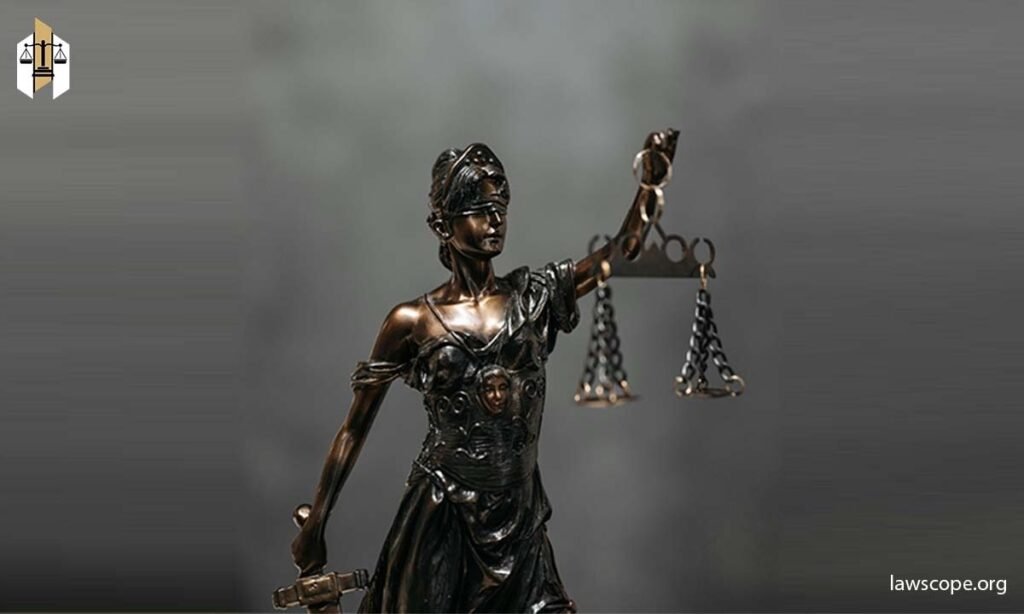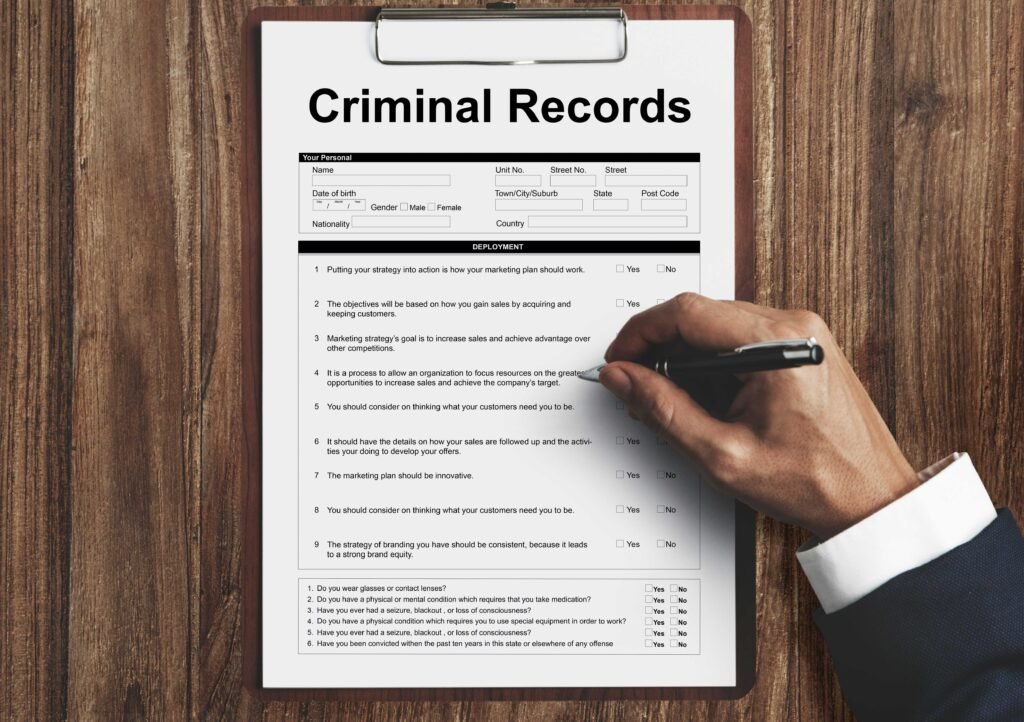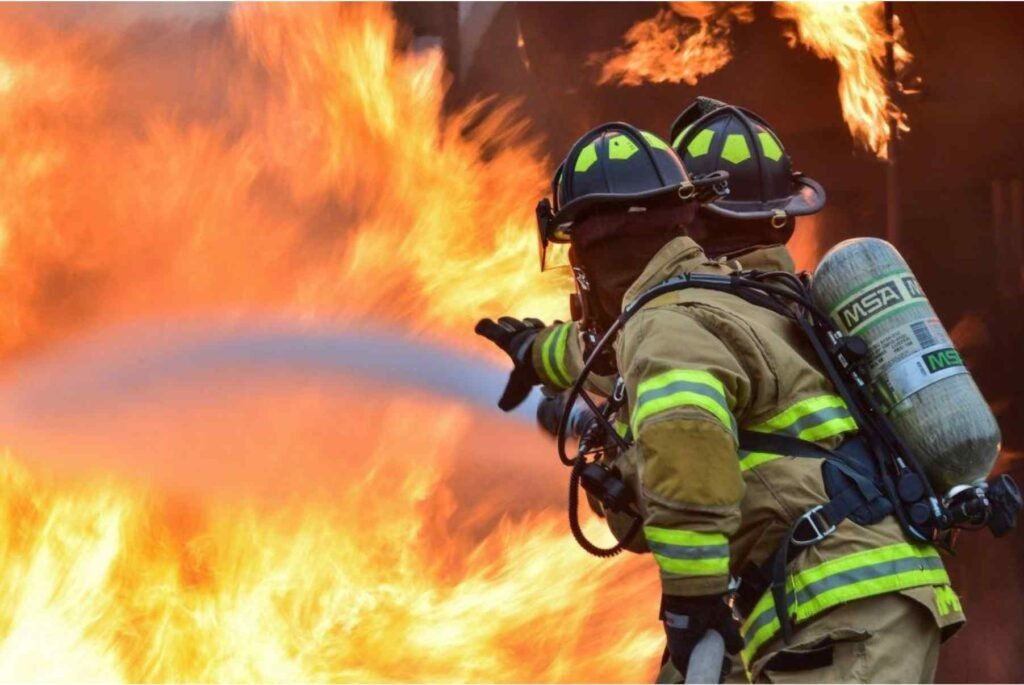
Probate and premises liability are two distinct legal situations an individual may encounter during challenging times.
It doesn’t matter if you are handling the distribution of a loved one’s assets or seeking resources for an injury to someone else’s property.
Understanding the processes involved is essential.
This guide will explain what you can expect in probate and premises liability and how you can prepare for these.
First, let’s look into the probate process, exploring the steps involved in administering a deceased person’s estate.
What Is Probate?
Probate, otherwise known as estate administration, is a legal process that occurs after a death.
In the majority of cases, it is a key part of settling a dead person’s estate.
During the probate process, the decedent’s assets (the deceased person) are formally transferred to their new owners.
Creditors and others can make claims against the estate during this process.
After this, the remaining assets are transferred to its new legal owners.
This transfer occurs under the terms of a will if the court determines it is valid and enforceable.
But what if the decedent did not leave a will behind?
Without a will, the state intestacy laws determine to whom the assets will be transferred during the probate process.
How Does The Probate Process Work?
Although the exact rules of the probate process may vary as per the location, the following steps are usually included in it:
- Probate initiation: First of all, a death certificate, along with the paperwork to initiate the probate proceedings, is presented to the court.
- Will filling: If a decedent’s will is present, it is filed with the court.
- Will validation: After the will, the court examines it to determine whether it is legally valid.
- Executor appointment: Now, it is time for an executor or estate administrator to be appointed so that they can oversee the probate process. If the will exists and the decedent has named someone as executor, typically, the court appoints this chosen person with the assumption they are fit to serve this role.
- Asset identification: The assets of the assets are identified by the executor.
- Asset valuation: If necessary, a valuation takes place to determine the total value of the asset. This assessment is essential in determining the estate’s overall value, which ultimately influences the potential estate tax liability, if applicable.
- Creditor notification: The creditors who may have a claim against the estate are notified.
- Beneficiary notification: The beneficiaries who will potentially inherit are also notified.
- Debt payment: The executor is responsible for paying the decedent’s debts out of the estate assets per the probate laws.
- Asset distribution: The remaining assets are distributed to the beneficiaries as per the decedent’s wishes laid out in the will.
Even if there is no will, most of the steps in the probate process are similar, but the court will appoint a personal representative who will fulfill the role of an executor.
In this case, the assets will be distributed per intestacy laws.
Premises Liability
Now that you know the probate process, let’s look at the premises liability process.
Premises liability law governs personal injury claims that arise from an injury on someone else’s property.
This law establishes the obligations a property owner has to others, and the types of compensation accident victims can receive.
This law will govern the case if you are hurt on someone’s property and wish to pursue a legal claim for the damages.
However, property owners are not automatically held responsible for every injury.
The premises liability law outlines the circumstances under which the owner may be legally liable in an unfortunate incident on their property.
Property Owner’s Responsibility Under Premises Liability Law
The property owner’s responsibilities vary according to the visitors’ categories. These categories are:
- Invitee
- Licensee
- Trespasser
- Children
- Employees
Examples Of Premises Liability Claims
Let us look at some of the situations where premises liability laws are applicable:
- Inadequate security
- Slip and fall accidents
- Amusement park incidents
- Elevator or escalator injuries
- Animal attacks
- Inadequate property maintenance
- Swimming pool injuries
- Injuries arising in retail stores or restaurants
If you are injured or hurt in these or other situations on another’s property, you should talk to an experienced premises liability lawyer about your options.
How To Make A Premises Liability Claim?
Usually, a property owner’s insurance usually covers losses on their premises, with possible settlement offers.
However, you must be aware that if you decide to accept the offer, you do not have the right to sue.
Thus, it is advised to take legal advice in this situation.
Along with this, you can file a civil lawsuit. If your case has happened on government property, sticker time limits and specific rules will exist.
Conclusion
Understanding probate and premises liability is essential when dealing with these legal situations.
Whether managing a deceased person’s assets or pursuing a premises liability claim, seeking professional advice can make things much easier.
You May Like Also:


One thought on “The Probate and Premises Liability Process: What To Expect And How To Prepare?”